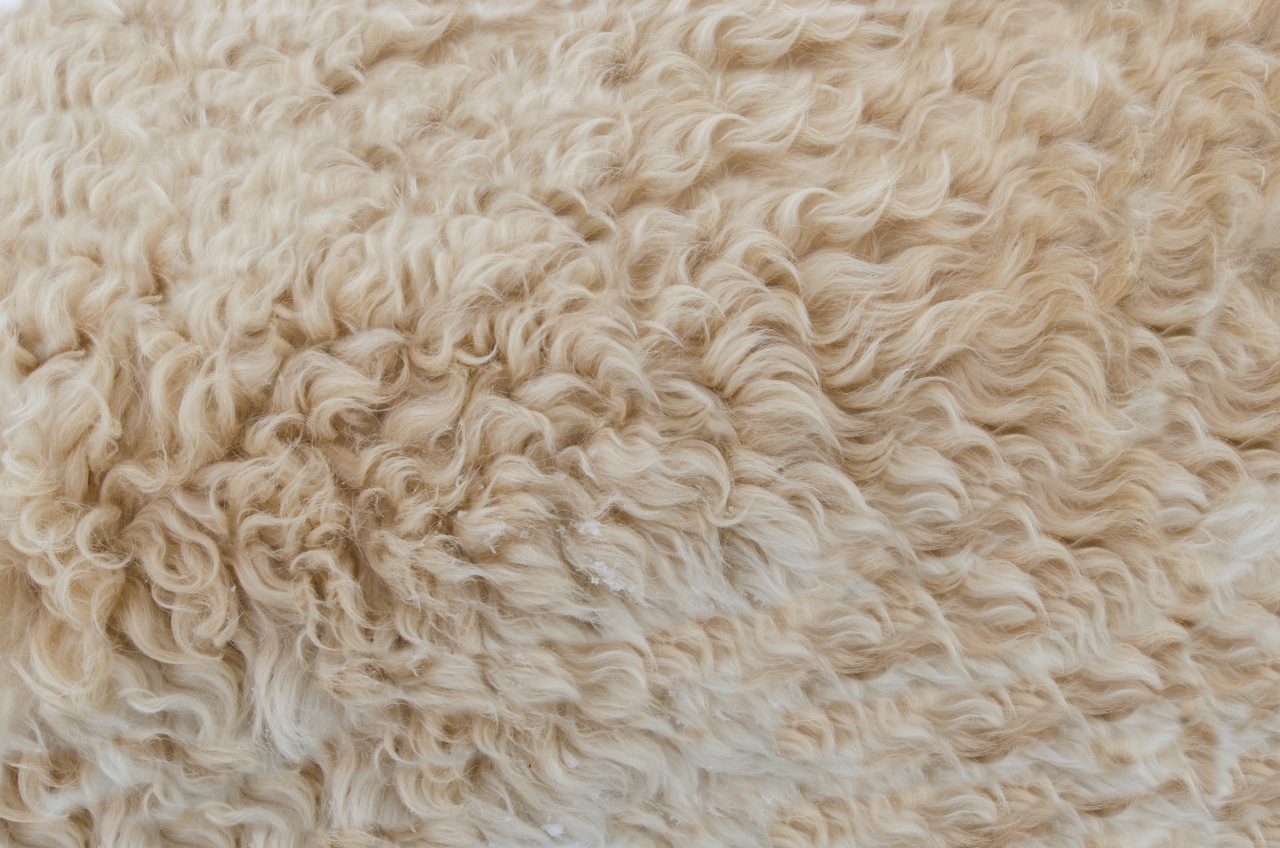Having oily, acne-prone, or dry skin can be frustrating and challenging to deal with.
While there are various skincare products available in the market to treat these skin conditions, it’s important to remember that what you put inside your body also plays a significant role in maintaining healthy skin. By adopting a balanced and nutritious diet, you can support your skin health and minimize skin issues.
Below, we discuss the best diet for oily, acne-prone, and dry skin, along with specific foods and nutrients that can help improve your skin condition.
1. Stay Hydrated
Hydration is vital for all skin types, including oily, acne-prone, and dry skin. Drinking an adequate amount of water throughout the day helps flush out toxins from your body and keeps your skin hydrated from the inside out.
Dehydration can exacerbate dryness and oiliness, leading to skin issues. Aim to drink at least 8 glasses of water daily to maintain well-hydrated skin.
2. Consume Antioxidant-Rich Foods
Antioxidants help protect your skin cells from damage caused by free radicals, which can contribute to acne breakouts, inflammation, and premature aging. Include plenty of antioxidant-rich foods in your diet to promote healthy skin.
Berries, such as blueberries, strawberries, and raspberries, are excellent sources of antioxidants. Additionally, foods like dark chocolate, green tea, spinach, and kale are also packed with antioxidants.
3. Opt for Omega-3 Fatty Acids
Omega-3 fatty acids are known for their anti-inflammatory properties and can benefit all skin types. These healthy fats help regulate oil production, reduce acne inflammation, and improve dry skin conditions.
Include fatty fish like salmon, mackerel, and sardines in your diet, as they are rich sources of omega-3s. If you’re a vegetarian or vegan, you can opt for chia seeds, flaxseeds, and walnuts, which are plant-based sources of these beneficial fatty acids.
4. Reduce Processed Foods and Sugar
Eating a diet high in processed foods and refined sugar can contribute to skin issues, including acne and oily skin. Processed foods often contain unhealthy trans fats and artificial additives that can trigger inflammation and increase sebum production.
Similarly, consuming excess sugar can result in increased insulin levels, leading to increased oil production and clogged pores. Try to minimize your intake of processed foods and opt for whole, unprocessed foods instead.
5. Incorporate Probiotics
Probiotics are beneficial bacteria that help improve digestion, boost the immune system, and promote healthy skin. Including probiotic-rich foods in your diet can be extremely beneficial for all skin types.
Fermented foods like yogurt, kefir, sauerkraut, and kimchi are excellent sources of probiotics. They help balance the gut flora, which in turn supports overall skin health.
6. Increase Zinc Intake
Zinc is an essential mineral that plays a crucial role in maintaining healthy skin. It helps regulate oil production, reduce inflammation, and promote wound healing.
Foods rich in zinc, such as oysters, pumpkin seeds, beef, and spinach, should be incorporated into your diet to support healthy skin.
7. Include Vitamin E-Rich Foods
Vitamin E is a potent antioxidant that protects the skin from oxidative stress and helps maintain its overall health. It also aids in improving dryness and reducing inflammation.
Foods like nuts, seeds, avocado, and spinach are excellent sources of vitamin E and can be included in your daily diet to support your skin health.
8. Consume Vitamins A and C
Vitamins A and C are essential for healthy skin as they promote collagen production, protect against sun damage, and aid in wound healing. Foods rich in vitamin A include carrots, sweet potatoes, spinach, and broccoli.
Citrus fruits like oranges, strawberries, and kiwi are excellent sources of vitamin C. Incorporating these vitamins into your diet can help maintain healthy and radiant skin.
9. Limit Dairy Consumption
Dairy products, such as milk and cheese, may worsen acne symptoms in certain individuals. Some studies suggest that dairy can increase insulin levels and stimulate sebum production, leading to clogged pores and acne breakouts.
If you have acne-prone skin, it may be worth limiting your dairy consumption to see if it improves your skin condition. Opt for dairy alternatives like almond milk or soy-based products instead.
10. Practice Mindful Eating
Along with making healthy food choices, practicing mindful eating can have a positive impact on your skin. Avoid eating on-the-go or while multitasking, as it can lead to poor digestion and nutrient absorption.
Chew your food thoroughly, eat slowly, and pay attention to your body’s hunger and fullness cues. Mindful eating can help prevent overeating and promote better overall digestion, which can ultimately translate to healthier skin.





























